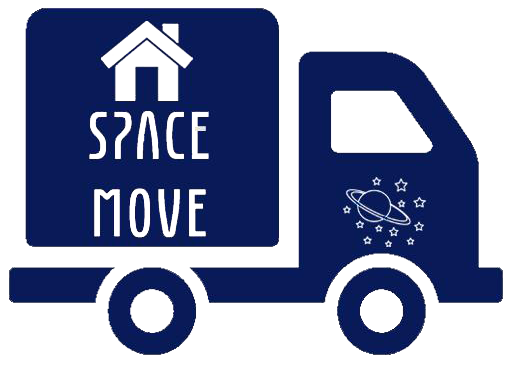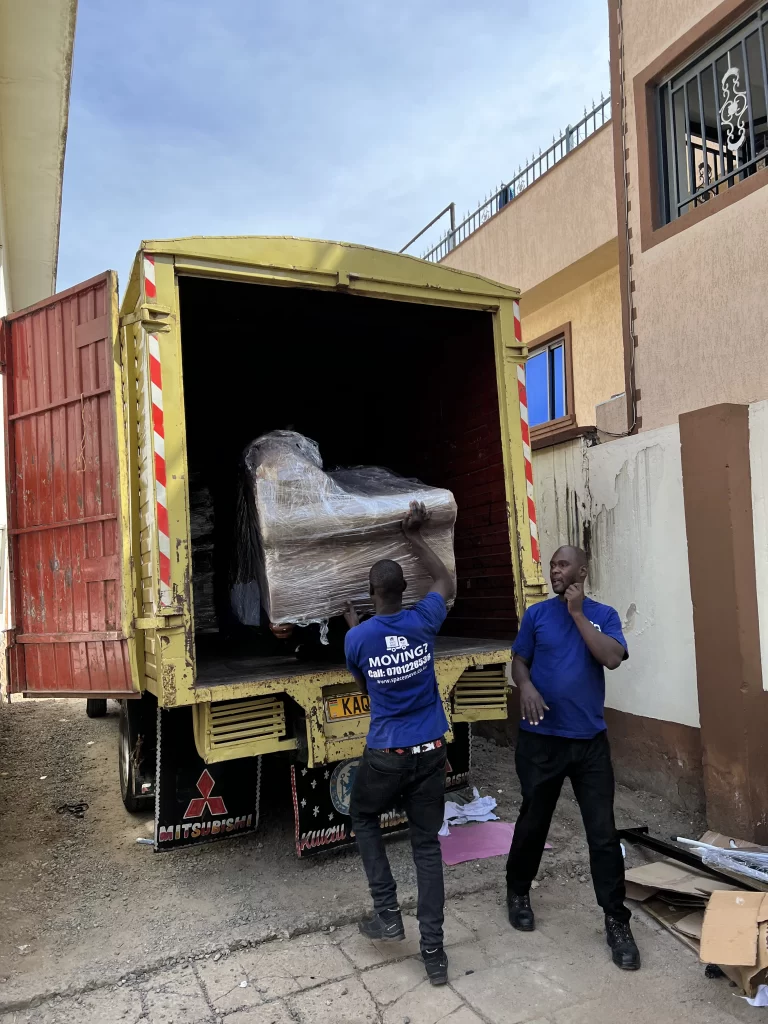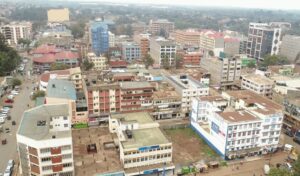Preparing when moving from Kisumu to Nairobi
Moving from Kisumu to Nairobi involves a significant transition, given the differences in lifestyle and environment. Here are some key steps to prepare:
- Plan Early: Start planning your move at least a few months in advance. This includes organizing your belongings, deciding what to take, sell, or donate, and researching moving companies.
- Budget: Moving can be costly, so prepare a budget that covers moving expenses, transportation, and any initial costs you’ll incur in Nairobi, such as deposits for housing.
- Documentation: Ensure all important documents (identification, employment records, medical records, school records) are organized and easily accessible.
- Inform Relevant Parties: Notify your current employer, landlord, utility providers, and any other relevant parties about your move. Arrange for the transfer of services where applicable.
- Pack Smart: Label your boxes clearly and keep an inventory of your items. Consider hiring professional packers for valuable or fragile items.
Navigating the Job Market in Nairobi
Nairobi is Kenya’s economic hub, offering diverse job opportunities across various sectors:
- Research: Understand the job market in your field. Online job portals like BrighterMonday, LinkedIn, and company websites are good starting points.
- Networking: Leverage professional networks and attend industry events or meetups in Nairobi.
- Update Your Resume: Tailor your resume to highlight your skills and experience relevant to Nairobi’s job market.
- Prepare for Interviews: Practice common interview questions and familiarize yourself with the companies you are applying to.
- Consider Recruitment Agencies: Agencies can provide insights into job openings and connect you with potential employers.
Comparing the Cost of Living: Kisumu vs. Nairobi
Kisumu
- Housing: Generally more affordable.
- Utilities: Lower due to lesser demand.
- Food: Fresh and reasonably priced local produce.
- Transport: Cheaper with less traffic congestion.
Nairobi
- Housing: More expensive, especially in prime areas like Westlands, Kilimani, and Karen.
- Utilities: Higher costs due to higher demand.
- Food: Diverse options but can be pricey, especially in upscale neighborhoods.
- Transport: Higher costs and significant traffic congestion, which can increase commuting costs and time.
Overall, Nairobi tends to have a higher cost of living compared to Kisumu, so budget accordingly.
Housing Options and Neighborhoods in Nairobi
Nairobi offers a wide range of housing options to suit different budgets and preferences:
- Westlands: Known for its vibrant lifestyle, shopping centers, and restaurants. Ideal for young professionals.
- Kilimani: Offers a mix of apartments and standalone houses, with good access to amenities and schools.
- Karen: An upscale suburb with spacious houses and green spaces, popular with families and expatriates.
- Lang’ata: More affordable housing options with proximity to key facilities and the Nairobi National Park.
- Embakasi: Offers a variety of housing at more affordable prices and is close to Jomo Kenyatta International Airport.
Cultural Differences Between Kisumu and Nairobi
- Pace of Life: Nairobi has a faster pace of life compared to the more laid-back atmosphere in Kisumu.
- Diversity: Nairobi is more cosmopolitan, with a diverse population from different parts of Kenya and the world.
- Social Scene: Nairobi offers a wider range of social and entertainment options, including theaters, restaurants, and shopping malls.
- Language: While Swahili and English are widely spoken in both cities, Nairobi’s cosmopolitan nature might expose you to more international languages and cultures.
Schools and Education Opportunities in Nairobi
Nairobi offers numerous education options, from local schools to international institutions:
- Public Schools: Provide basic education at a relatively low cost, but they can be crowded.
- Private Schools: Offer a range of curricula, including the Kenyan system, British, American, and International Baccalaureate (IB). Examples include Braeburn, Brookhouse, and Nairobi International School.
- Universities and Colleges: Nairobi is home to top universities such as the University of Nairobi, Strathmore University, and Kenyatta University.
- Specialized Institutions: Numerous technical and vocational training institutes cater to various professional fields.
Moving from Kisumu to Nairobi is a major change, but with proper planning and preparation, it can be a smooth and rewarding transition. By understanding the job market, cost of living, housing options, cultural differences, and education opportunities, you can make informed decisions to ease your move and settle into Nairobi successfully.




